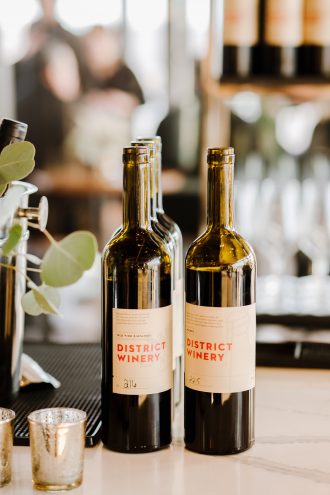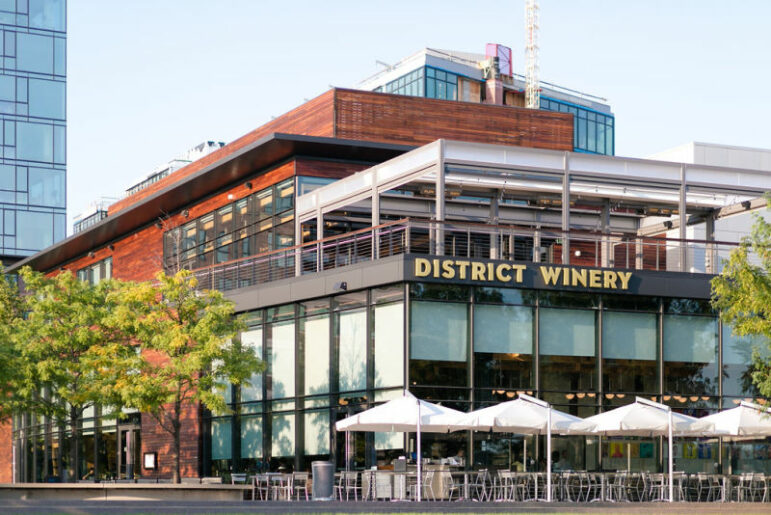CCAN 20th Anniversary Party
Thursday, October 20th • District Winery
385 Water Street SE, Washington, DC 20003
We celebrated with beer, wine, delicious food, music, a silent auction, and great speakers
including Bill McKibben, Reverand Lennox Yearwood, Senator Chris Van Hollen, and more!


























